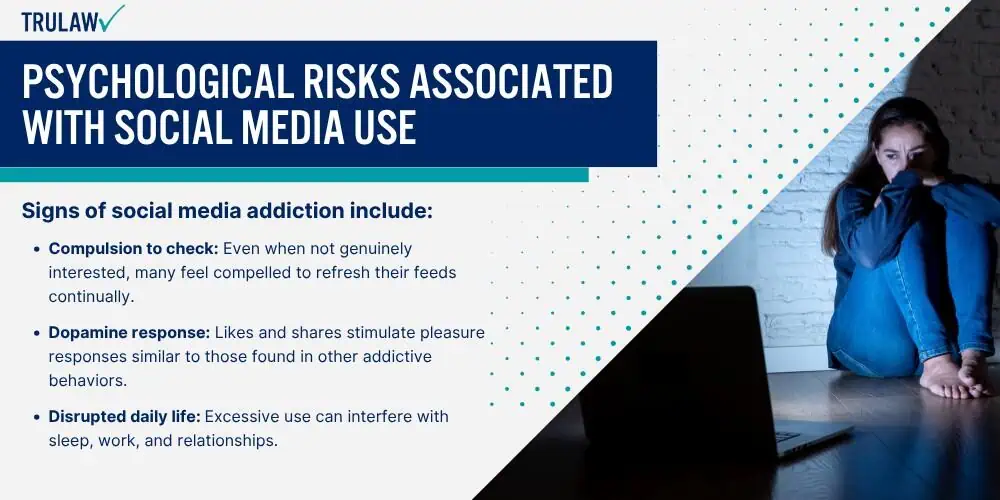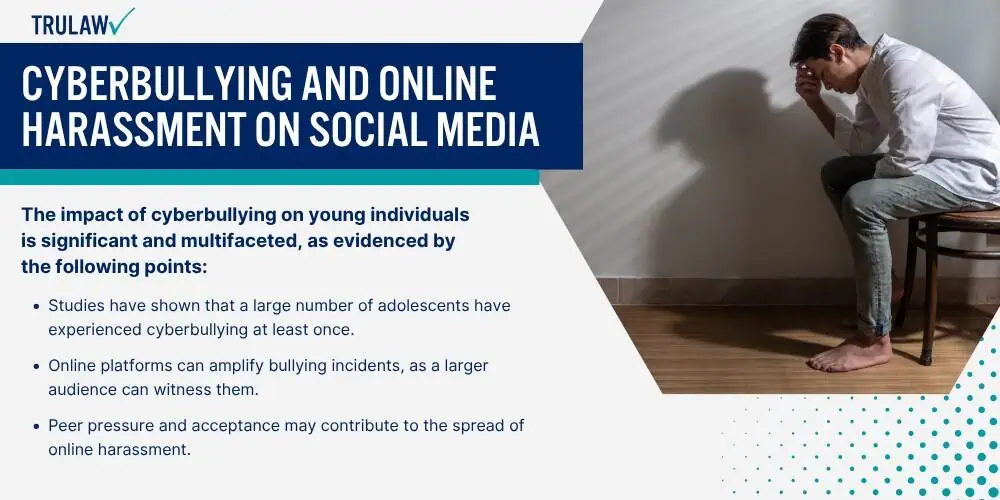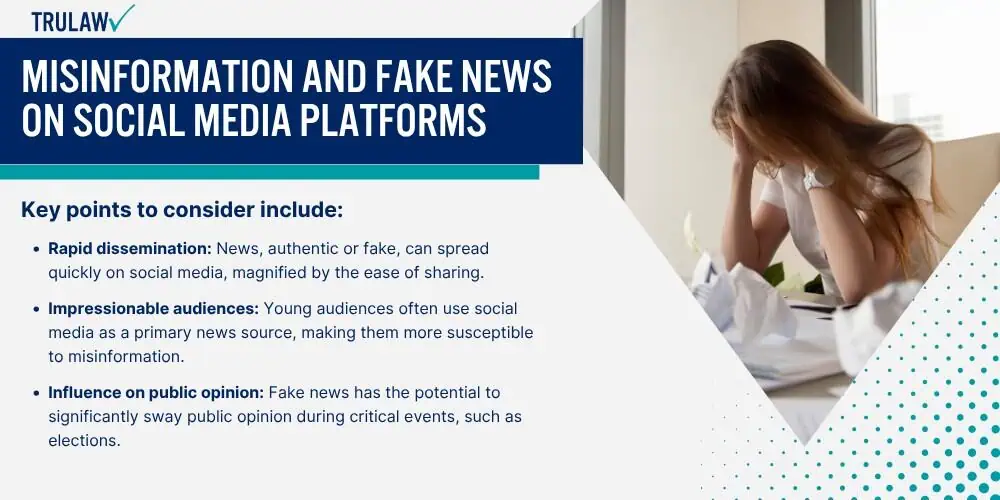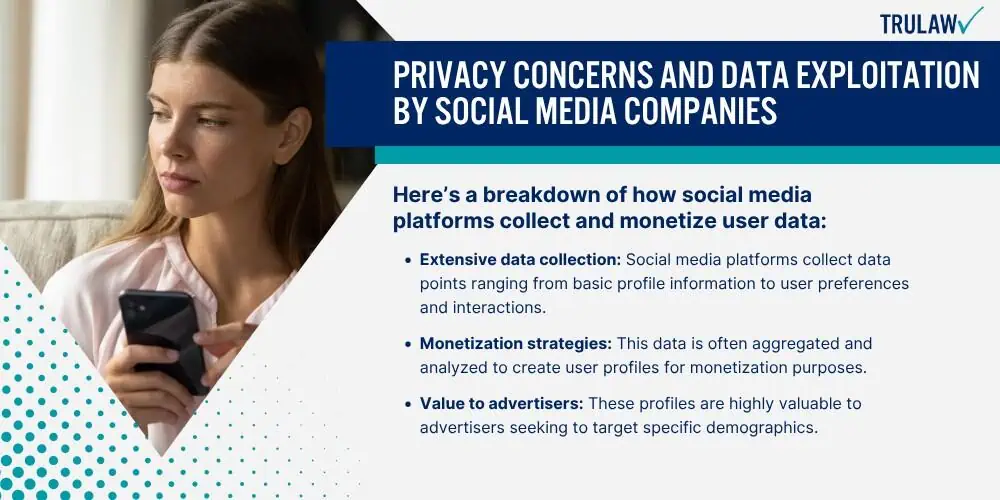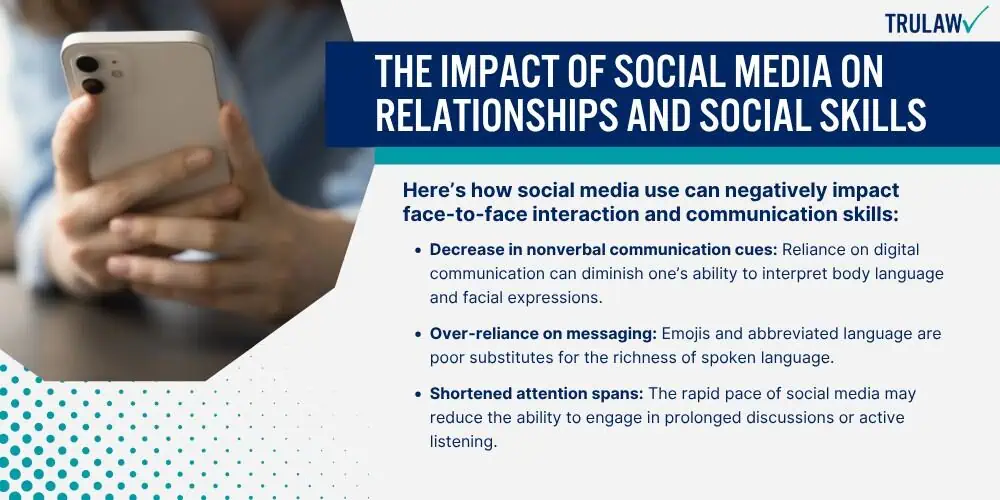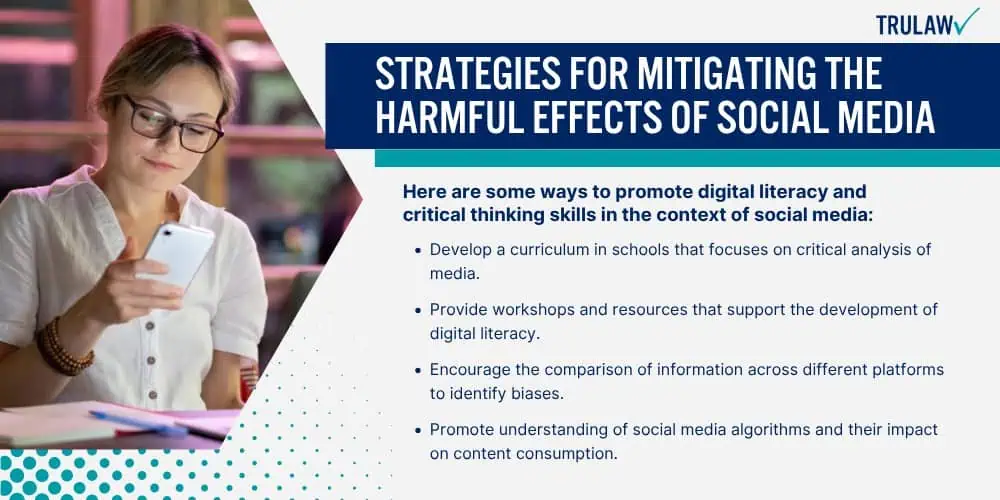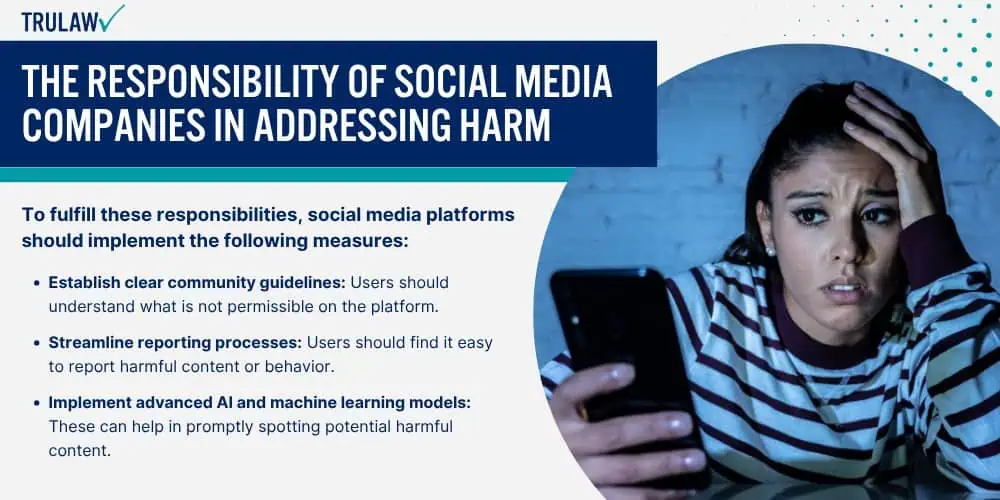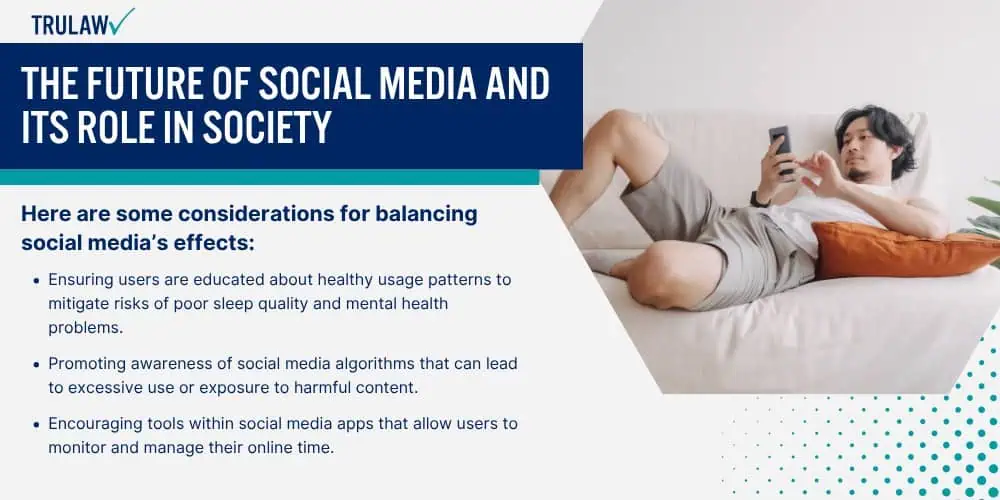In the span of just a few decades, social media has reshaped the landscape of human interaction and community building, marking a pivotal shift in how individuals exchange information and forge connections.
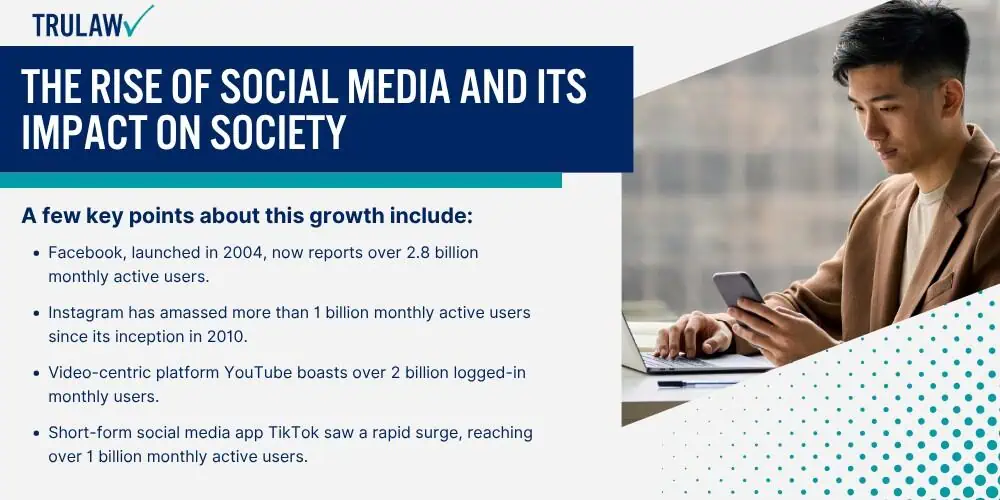
The Rapid Growth and Adoption of Social Media Platforms
Social media platforms have witnessed exponential growth, with billions of individuals flocking to these digital spaces.
A few key points about this growth include:
- Facebook, launched in 2004, now reports over 2.8 billion monthly active users.
- Instagram has amassed more than 1 billion monthly active users since its inception in 2010.
- Video-centric platform YouTube boasts over 2 billion logged-in monthly users.
- Short-form social media app TikTok saw a rapid surge, reaching over 1 billion monthly active users.
This dramatic adoption of social media reflects its deep entrenchment in daily life, affecting many aspects of society, from business to individual personal growth.
Transforming the Way People Connect and Communicate
Social media has become an integrated thread in the fabric of our daily lives, weaving a web of constant connection and fostering a new era of information sharing.
It has enabled real-time communication across the globe, breaking down geographical barriers.
Social media has fundamentally altered communication dynamics, presenting new ways for people to interact:
- It has enabled real-time communication across the globe, breaking down geographical barriers.
- Users can share life experiences and opinions through various media formats, including text, images, and videos.
- Social media’s role in activism has grown, offering a platform for social movements and civic engagement.
- Pew Research Center studies reveal that a significant portion of the population gets their news primarily from social media, signaling a shift away from traditional news sources.
The influence of social media on society’s communication is clear and ongoing, with platforms continuing to evolve and adapt to their users’ needs and behaviors.

